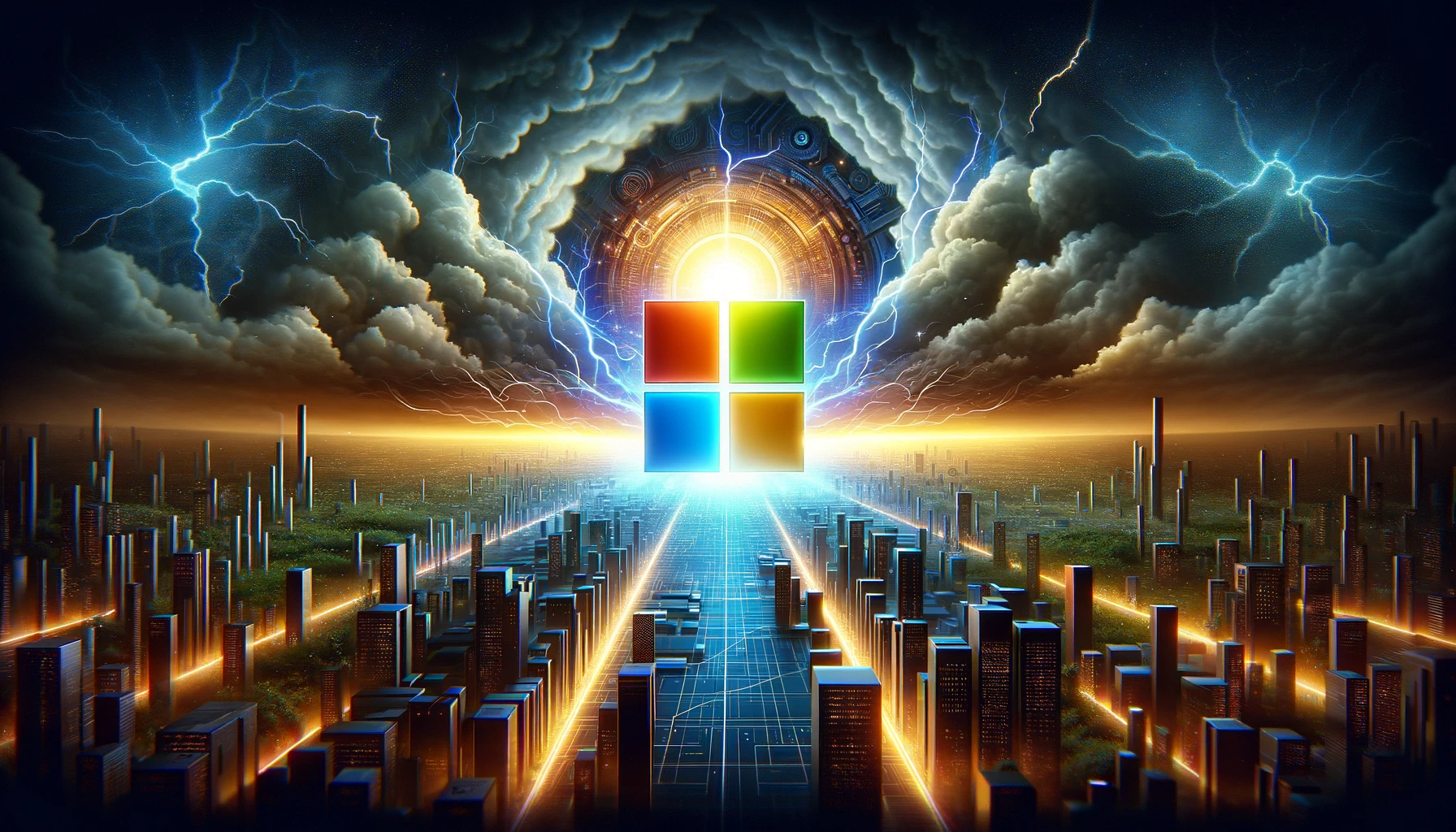
OpenAI finds itself in a state of upheaval, marked by the sudden removal of former CEO Sam Altman in a surprising board decision. The exact reasons behind Altman’s dismissal remain shrouded in mystery, but it appears that power dynamics played a significant role in the decision-making process. What remains crystal clear is that Microsoft, under the swift and strategic leadership of CEO Satya Nadella, stands to emerge as the ultimate victor, regardless of OpenAI’s final transformation.
Following what seemed to be tense negotiations, Nadella announced that both Altman and OpenAI President Greg Brockman would become part of Microsoft’s workforce, with Altman heading his own AI division as CEO within the company. In response, nearly 500 employees have expressed their intention to leave unless the board resigns and Altman and Brockman are reinstated, potentially leading to a significant exodus from the company.
The situation remains highly fluid, with substantial developments occurring over the weekend, making it challenging to predict the ultimate shape of OpenAI or Microsoft’s new AI division by day’s end. However, one thing is abundantly clear—everyone, except for Microsoft, finds themselves in a less favorable position now.
Market sentiment echoes this sentiment, as Microsoft’s stock price surged nearly five points early in the trading session, reflecting investor confidence in Nadella’s actions.
While Microsoft had already held a substantial ownership stake in OpenAI due to previous sizable investments, other investors are unlikely to benefit from the migration of the entire OpenAI team to Microsoft’s internally controlled AI division. Microsoft might incur some losses on its OpenAI investment, but given its vast resources, this is a small price to pay, considering the potential benefits of acquiring OpenAI’s core technology team.
Microsoft already played a significant role in providing the computational infrastructure for OpenAI’s technology. Now, it has successfully secured OpenAI’s engineering and strategic leadership without having to navigate the extensive regulatory hurdles that a formal acquisition would have entailed. This approach makes it more challenging for regulatory bodies like the EU Competition Commission to oppose what essentially amounts to a series of high-level hires rather than a full-blown merger.
It is confirmed that Microsoft’s AI group under Altman will include key figures like Greg Brockman, Jakub Pachocki, the leader of GPT-4, Aleksander Madry, the former head of preparedness at OpenAI, Szymon Sidor, and more. Whether OpenAI’s Chief Scientist Ilya Sutskever, who appeared to be involved in the upheaval against Altman initially, will join Microsoft remains uncertain. Sutskever has stated on Twitter that he won’t be moving to Microsoft but has expressed regret for his actions, seemingly attempting to reconcile with Altman and Brockman.
In this rapidly evolving situation, it’s premature to draw definitive conclusions about the final outcome, but it appears that Nadella’s announcement regarding Altman and Brockman’s inclusion in Microsoft is a significant step forward. Microsoft has managed to secure a valuable asset at an early stage, potentially avoiding higher costs and more regulatory obstacles down the road. Satya Nadella’s strategic moves have certainly paid off.
